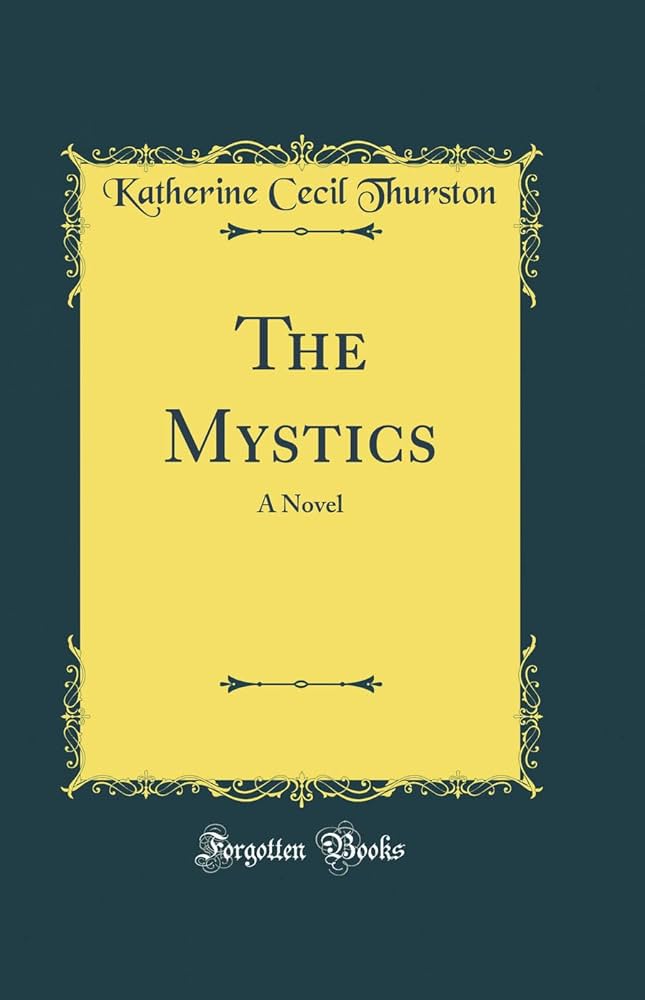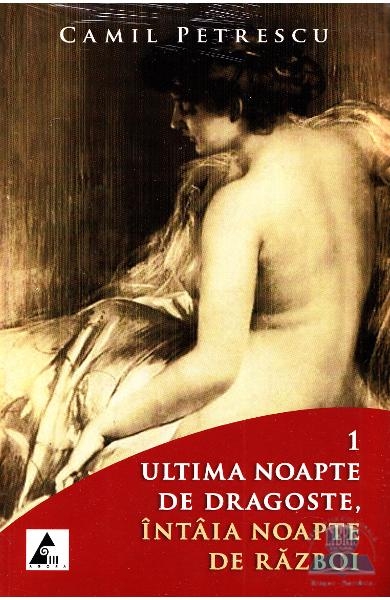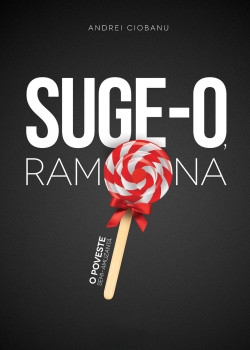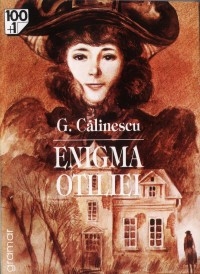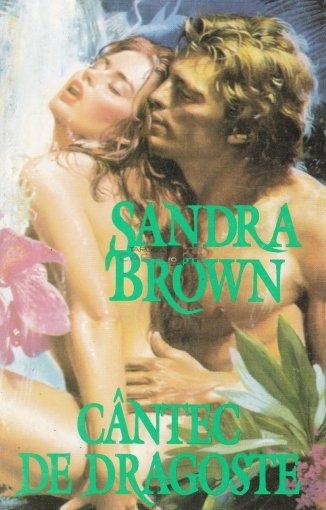Autor Malcolm Gladwell
Categorie Dezvoltare personală
Subcategorie Limba Engleză
Descarca PDF
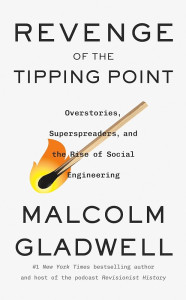
Twenty-five years ago, I published my first book. It was entitled The Tipping Point: How Little Things Make a Big Difference. Back then I had a little apartment in the Chelsea neighborhood of Manhattan, and I would sit at my desk, with a glimpse of the Hudson River off in the distance, and write in the mornings before I headed to work. Because I had never written a book, I had no clear idea how to do it. I wrote with that mix of self-doubt and euphoria common to every first-time author “The Tipping Point is the biography of an idea,” I began, “and the idea is very simple. It is that the best way to understand the emergence of fashion trends, the ebb and flow of crime waves, or, for that matter, the transformation of unknown books into bestsellers, or the rise of teenage smoking, or the phenomena of word of mouth, or any number of the other mysterious changes that mark everyday life is to think of them as epidemics. Ideas and products and messages and behaviors spread just like viruses do. The book was published in the spring of 2000, and the first stop on my book tour was a reading at a small independent bookstore in Los Angeles. Two people came, a stranger and the mother of a friend of mine—but not my friend. (I have forgiven her.) I said to myself, Well, I guess that’s it. But it wasn’t! The Tipping Point grew like the epidemics it described—at first gradually, then all in a rush. By the time the paperback came out, it had entered the zeitgeist. The book spent several years on the New York Times bestseller lists. Bill Clinton referred to it as “that book everyone has been talking about.” The phrase tipping point became part of the vernacular. I used to joke that those words would be written on my tombstone. Do I know why The Tipping Point touched such a chord? Not really. But if I had to guess, I would say that it was because it was a hopeful book that matched the mood of a hopeful time. The year 2000 was an optimistic time. The new millennium had arrived. Crime and social problems were in freefall. The Cold War was over. I offered in my book a recipe for how to promote positive change—as the subtitle suggested, to find a way for little things to make a big difference.
TOP 10 Cărți
